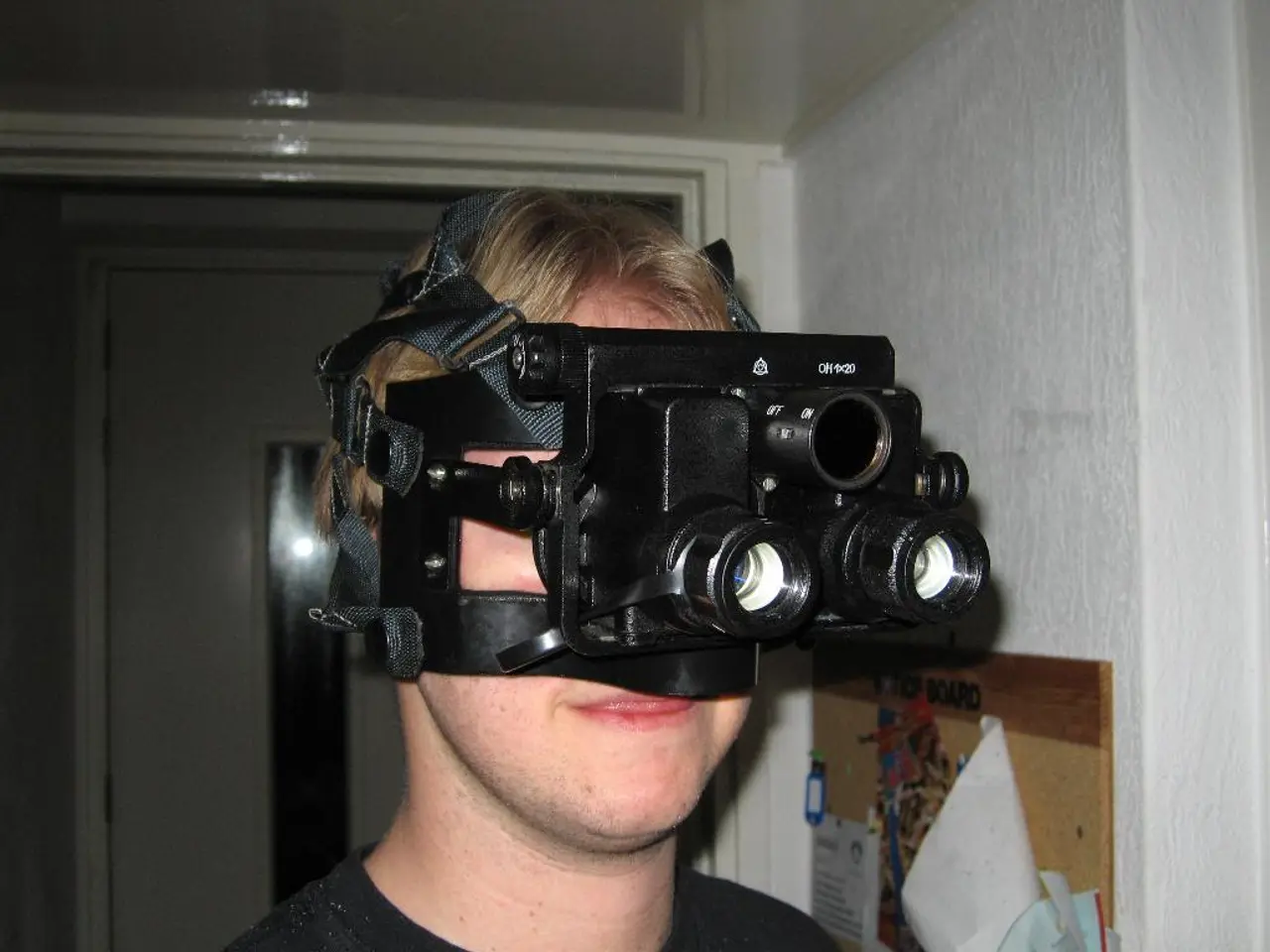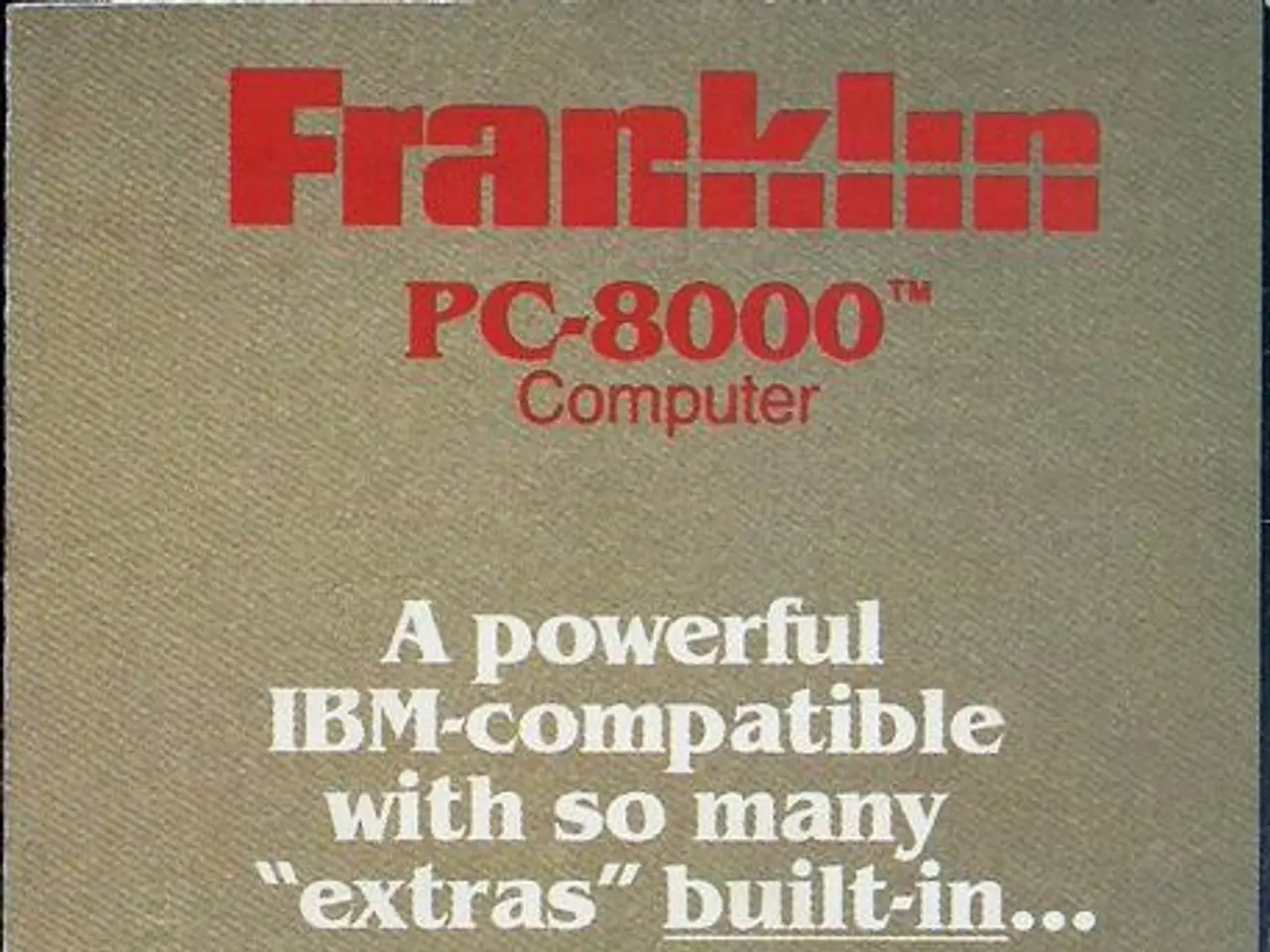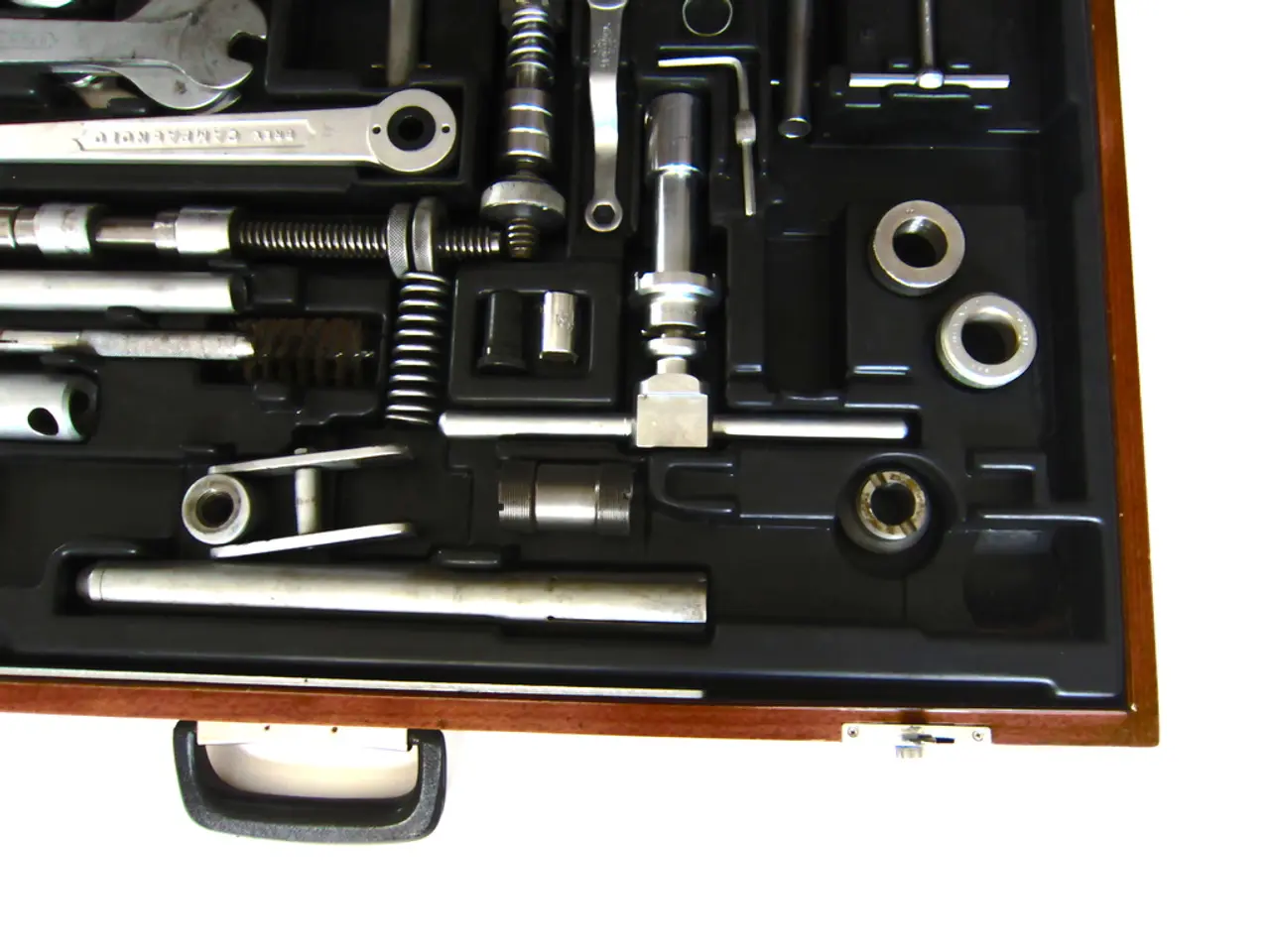Shutting Down Support: Oculus Quest 1's Support Period Nearing Its End
In the ever-evolving world of virtual reality (VR), keeping up with the latest technology is crucial for an optimal experience. This is particularly relevant as Meta, the company behind Oculus, has announced it will discontinue support for the Oculus Quest 1 starting from August 2024.
The Changing VR Landscape
Since the release of the Oculus Quest 1, the VR landscape has undergone significant changes. Newer headsets, such as the Valve Index (available on Steam) and the HTC Vive Pro 2 (available on HTC's Website), boast improved processing power, higher resolution displays, and advanced tracking capabilities.
Meta itself has moved forward, ceasing manufacturing of both the Quest 1 and Quest 2 models to focus on newer versions like the anticipated Quest 3. This shift suggests a dwindling user base for older models like the Quest 1.
Potential Consequences for Quest 1 Owners
Without ongoing support, Quest 1 devices will not benefit from the latest system stability improvements, security fixes, or new features that newer versions receive. This could lead to a degraded user experience over time.
Apps and games may gradually lose compatibility with the Quest 1 as developers optimize exclusively for newer hardware and updated platforms. New VR games and applications, particularly those developed after August 2024, may not be compatible with the Oculus Quest 1.
Existing apps on the Oculus Quest 1 may stop receiving updates or new features, potentially impacting functionality and performance. Without ongoing security updates, the Oculus Quest 1 could become increasingly vulnerable to potential exploits.
The Benefits of Embracing New Technology
While the Quest 1 will remain functional after support ends, owners can expect no new updates or patches, potential app compatibility issues, and a gradual decline in the device's ecosystem integration and security. This necessitates a need to upgrade to newer Meta VR hardware for continued full functionality.
Supporting older hardware can hinder progress and limit the potential of new VR experiences. By upgrading, users can access the latest features, improved performance, and a growing library of exclusive titles.
The Oculus Quest 2, starting at $200, and the Oculus Quest 3, priced at $500, are newer VR headsets offered by Meta that provide a significant leap in performance and visual fidelity.
Alternative VR Options
For those seeking alternatives to Meta's offerings, the HP Reverb G2 (available on HP's Website) is another option in the VR market.
As VR gaming continues to evolve, expect to see more immersive experiences, innovative hardware, and groundbreaking applications in the years to come. Embracing the latest technology is key to maximizing enjoyment in the world of VR.
- The advancements in technology are evident in the gaming industry, with virtual reality (VR) seeing significant changes, such as the Valve Index and HTC Vive Pro 2 offering improved processing power, higher resolution displays, and advanced tracking capabilities.
- In response to these developments, Meta has ceased manufacturing the Oculus Quest 1 and Quest 2 models, indicating a focus on new versions like the anticipated Quest 3.
- Later VR headsets like the Quest 3 could offer better performance and visual fidelity, making them attractive to owners of older devices like the Quest 1.
- The shift towards newer technology has potential implications for the gaming community, as app and game compatibility may become an issue for older VR devices like the Quest 1.
- Aid in innovation comes from artificial intelligence (AI), which could play a significant role in the future of VR, enhancing user experiences and opening up new possibilities in software development.
- As technology continues to evolve, the future of virtual reality promises immersive experiences, groundbreaking applications, and a variety of hardware options, providing limitless opportunities for developers and enthusiasts alike.




